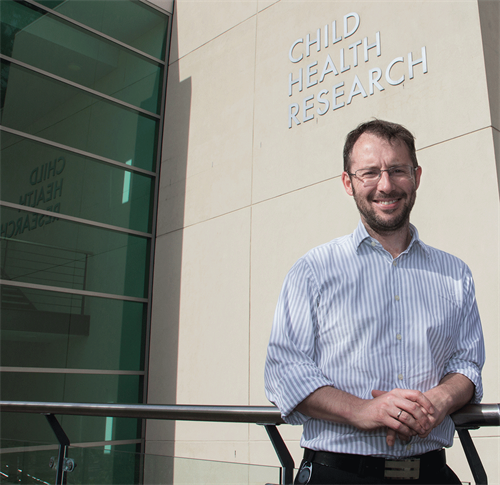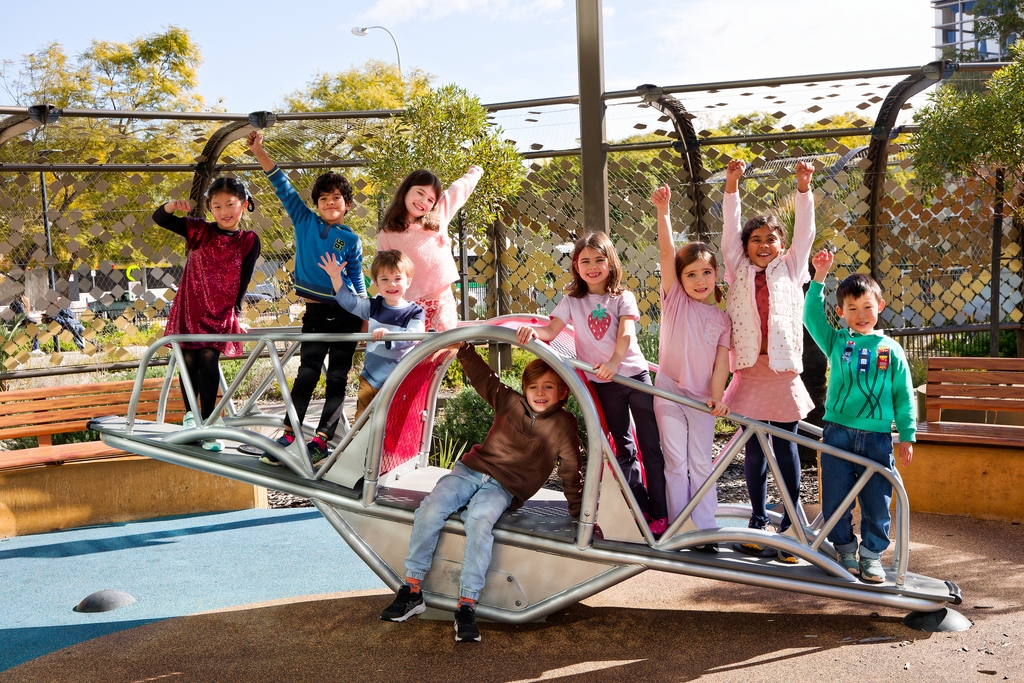Search

News & Events
Institute celebrates eradication of rubella in AustraliaThe eradication of rubella in Australia is evidence of the vital role vaccinations play in protecting our health, researchers at The Kids Research Institute Australia say.

News & Events
Whooping cough vaccine could be a new weapon in the fight against food allergiesResearchers from The Kids Research Institute Australia and Curtin University will use a $3.9 million grant from the National Health and Medical Research Council to investigate whether a type of whooping cough vaccine could provide bonus protection against food allergies and eczema.

News & Events
Australia’s first DNA-based COVID-19 vaccine study set to begin at The Kids Research Institute AustraliaAustralia’s first needle-free, gene-based COVID-19 vaccine study will be spear-headed in WA by The Kids Research Institute Australia thanks to almost $6 million in Coronavirus Research Response funding announced by Health Minister Greg Hunt.
Research
Antifungal use in children with acute leukaemia: state of current evidence and directions for future researchInvasive fungal disease (IFD) remains a common and serious complication in children treated for leukaemia. Antifungal prescription in children with leukaemia presents unique challenges, particularly due to variation in IFD risk between and within leukaemia treatment protocols, drug toxicities and interactions between antifungals and chemotherapeutic agents.
Research
Assessing the Impact of Pneumococcal Conjugate Vaccine Immunization Schedule Change From 3+0 to 2+1 in Australian Children: A Retrospective Observational StudyIn mid-2018, the Australian childhood 13-valent pneumococcal conjugate vaccine schedule changed from 3+0 to 2+1, moving the third dose to 12 months of age, to address increasing breakthrough cases of invasive pneumococcal disease (IPD), predominantly in children aged >12 months. This study assessed the impact of this change using national IPD surveillance data.
Research
Infant, maternal and demographic predictors of delayed vaccination: A population-based cohort studyReceiving vaccines at or close to their due date (vaccination timeliness) is a now key measure of program performance. However, studies comprehensively examining predictors of delayed infant vaccination are lacking. We aimed to identify predictors of short and longer-term delays in diphtheria-tetanus-pertussis (DTP) vaccination by dose number and ethnicity.
Research
Spatiotemporal patterns of influenza in Western AustraliaUnderstanding the geospatial distribution of influenza infection and the risk factors associated with infection clustering can inform targeted preventive interventions. We conducted a geospatial analysis to investigate the spatial patterns and identify drivers of medically attended influenza infection across all age groups in Western Australia.
Research
Nirsevimab immunisation of infants and respiratory syncytial virus (RSV)-associated hospitalisations, Western Australia, 2024: a population-based analysisChristopher Peter Hannah Blyth Richmond Moore MBBS (Hons) DCH FRACP FRCPA PhD MBBS MRCP(UK) FRACP OAM BSc (Hons) GradDipClinEpi PhD Centre Head,
Research
Pediatric Staphylococcus aureus Bacteremia: Clinical Spectrum and Predictors of Poor OutcomeStaphylococcus aureus is a common cause of bacteremia, yet the epidemiology and predictors of poor outcome remain inadequately defined in childhood. ISAIAH (Invasive Staphylococcus aureus Infections and Hospitalizations in children) is a prospective, cross-sectional study of S. aureus bacteremia in children hospitalized in Australia and New Zealand over 24 months.

News & Events
WA Government launches ‘game-changing’ nasal influenza vaccine program for kidsWestern Australian kids will have access to a needle-free nasal flu vaccine for the first time in 2026 as part of a new initiative to boost vaccination rates against the life-threatening virus.
